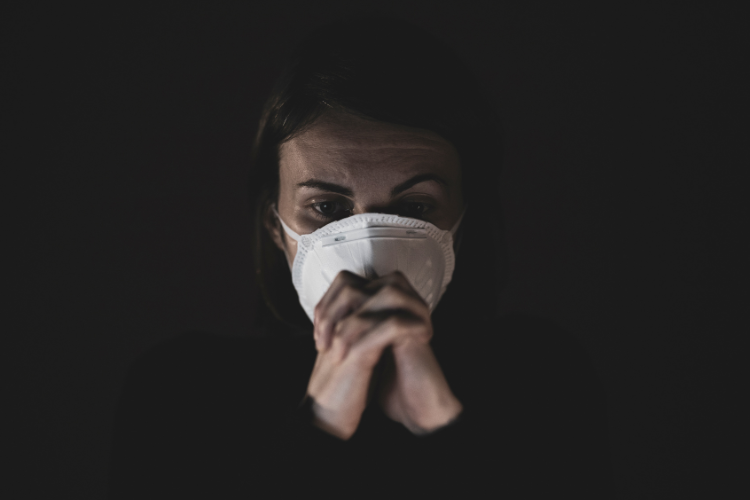
We’re Going to Witness a Surge in the Current Health Inequality
Marion Danis is a physician and bioethicist who directs the Bioethics Consultation Service at the National Institutes of Health. The views she expresses here are her own and not necessarily a reflection of the policies of the N.I.H. or the U.S. Department of Health and Human Services.
The coronavirus pandemic feels like a throwback to an era when human capacity to overcome diseases was minimal. We revert to ageold techniques—isolation, hand-washing, masks. The novelist Orhan Pamuk, who knows a lot about how it feels to live through plagues (he’s read many of the great novels about past plagues as he has been writing a new one), tells us our experience is similar in some ways but different in others. We fear the unknown, we start rumors and blame others for bringing the plague. But unlike the experience of past plagues, we aren’t in the dark; we can know what’s going on everywhere in great detail, and we avoid the full impact of isolation by connecting virtually. We are relying on the biological sciences to eventually find more modern solutions.
In the U.S., the healthcare system will be in a sad state after we have made our way through the pandemic. This will not be solely due to the outbreak but also due to policy decisions made before the pandemic, and during it.
Millions of people will have lost their jobs and will lose their employment-based health insurance as a result. Many people who worked in the gig economy without an economic safety net will be unable to afford the basic elements needed for health, particularly safe housing and adequate nutrition, and will not be able to afford healthcare without incurring debt. Many medical practices will have faced economic hardship and even closed, and healthcare practitioners will have lost jobs because all routine, non-emergency medical care will have gone on hold. We will witness an exaggeration of health inequality because death rates from Covid-19 have been higher among minority communities. We will recognize how important maintenance of public health infrastructure is and what a mistake it was to allow a lapse in preparedness for pandemics.
It will take remarkable optimism to see much good coming out of this pandemic. But perhaps the consequences will be so dire and the urge to fix the problem will be so great that we will urge or even insist that Congress pass legislation to create guaranteed income and expand health insurance, and demand that the executive branch plan better next time.



